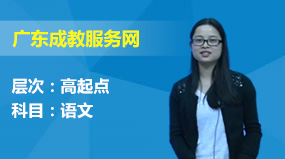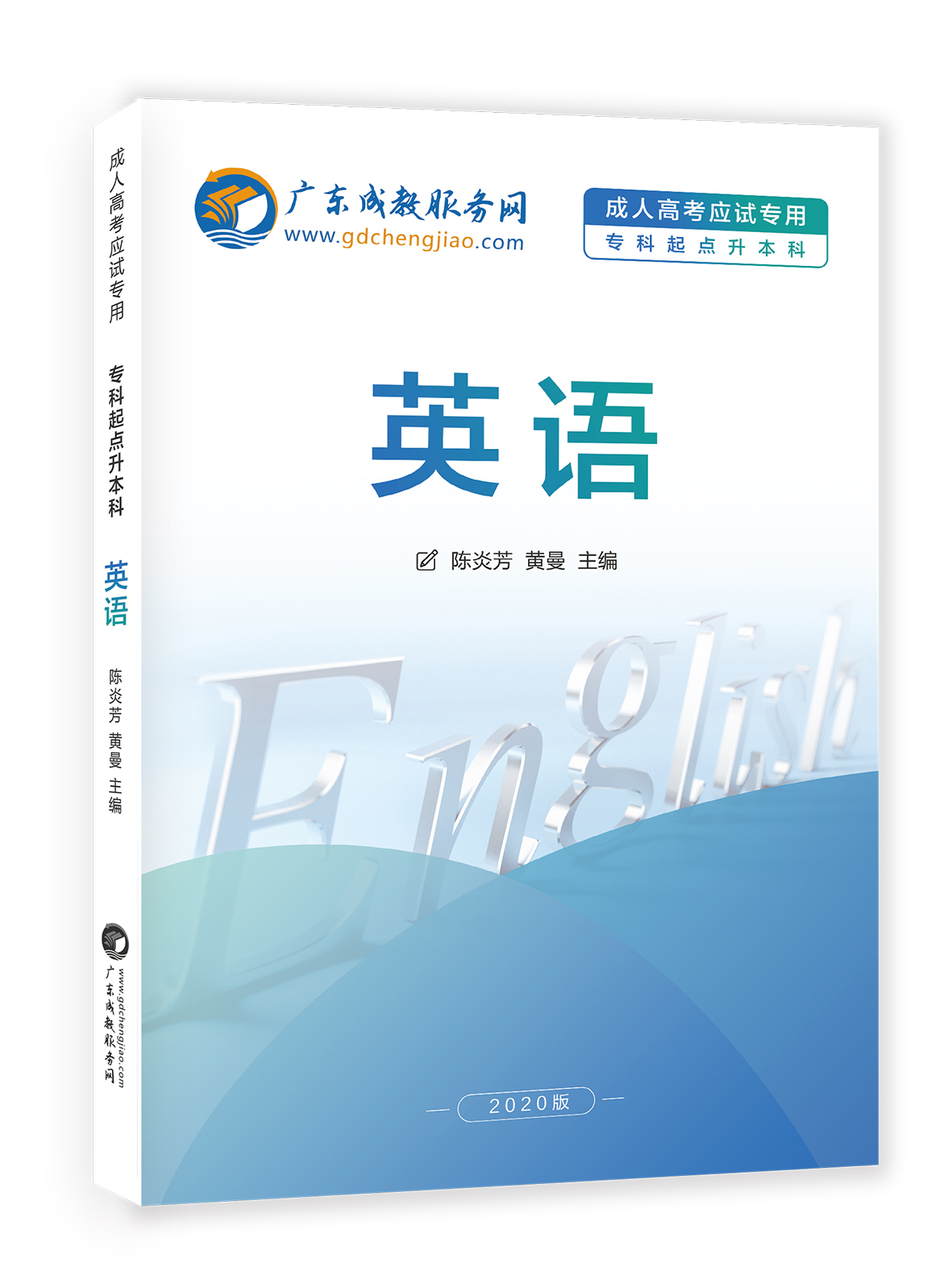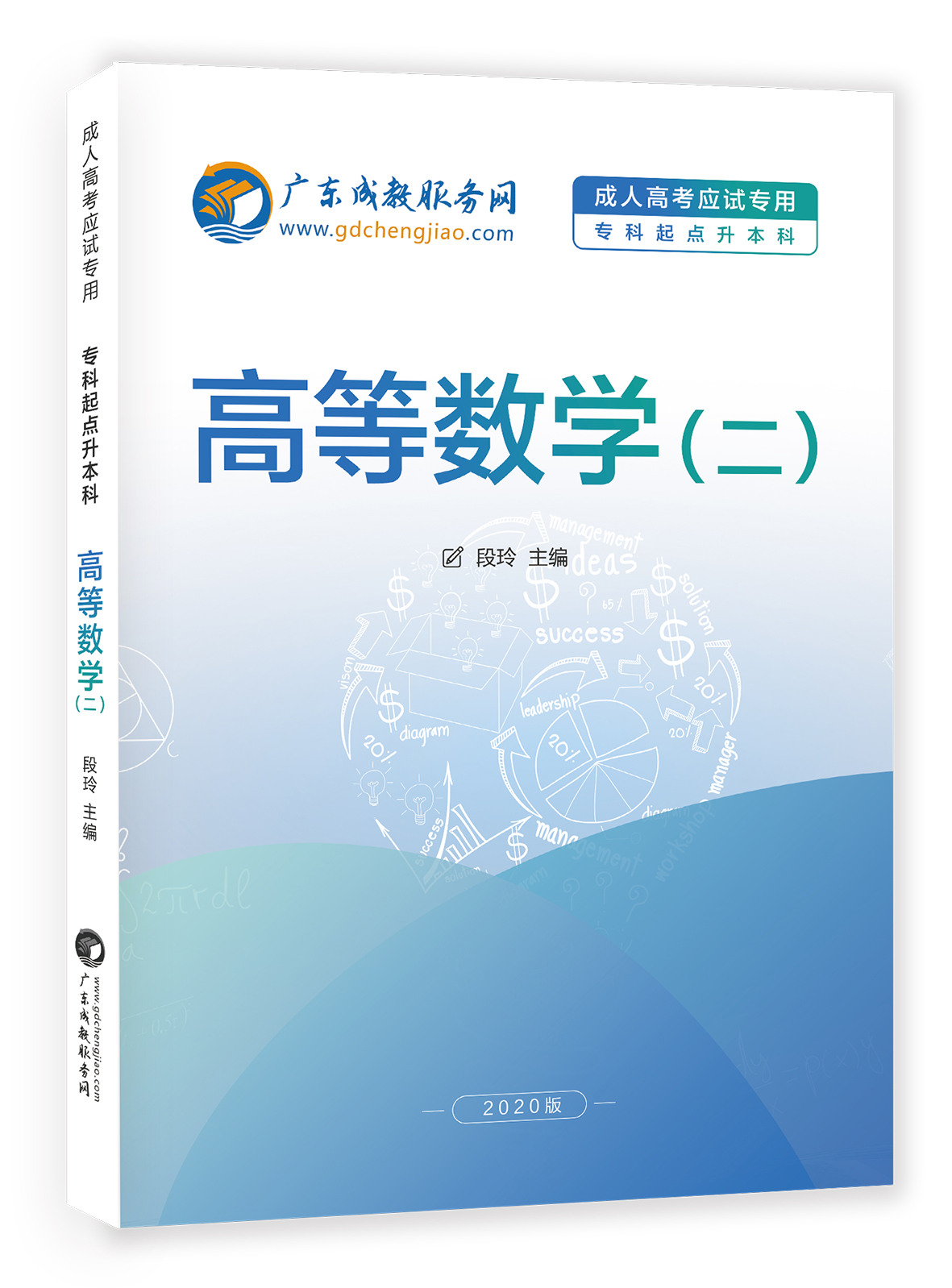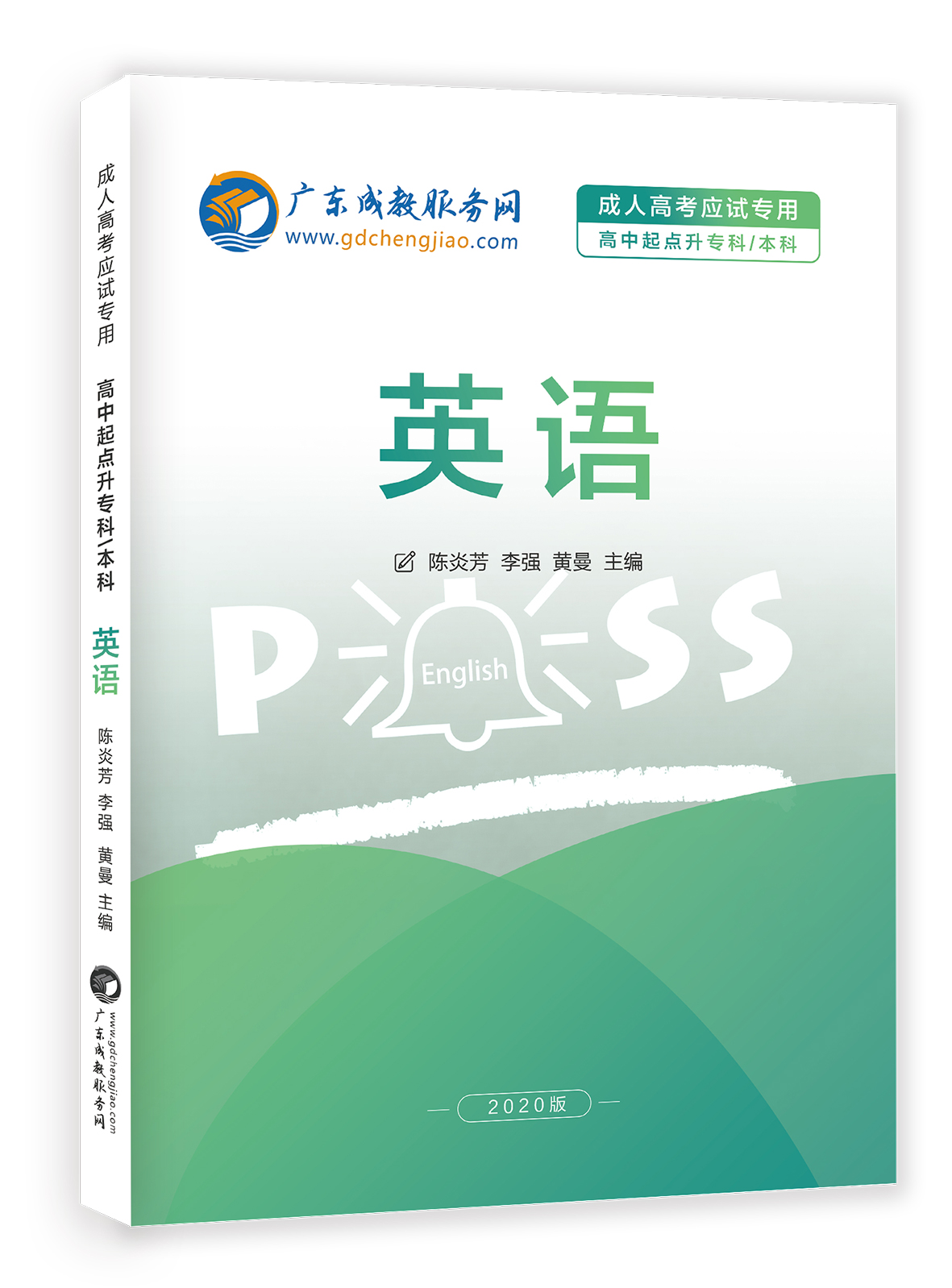2018年成人高考高起点英语误用讲解:不定式
1、中文:为了准时,我们加快了步伐。
(误)So as to be in time we hurried.
(正)In order to be in time we hurried.(so as to只可放在句中,in order to可放在句首或句中。)
2、中文:你说这些话真傻。
(误)It's very foolish for you to say so.
(正)It's very foolish of you to say so.(表示评价的形容词被带逻辑主语的不定式修饰时,介词要用of.)
3、中文:你没有告诉他们永远不要做那件事吗?
(误)Didn't you ask them to never do that?
(正)Didn't you ask them never to do that?(never要放在to之前。)
4、中文:你没有告诉他们永远不要做那件事吗?
(误)Here is a new book for you to read it.
(正)Here is a new book for you to read.(作形容词用法的带逻辑主语的不定式for you to read的宾语,实际上就是它所修饰的new book,其后不可再加宾语。)
5、中文:他够年龄,可以上学了。
(误)He is old enough so that he can go to school.
(正)He is old enough to go to school.(形容词+enough+不定式表示足够…而可。)
6、中文:他太好了,寄给我许多书。
(误)He was so good to send me a lot of books.
(正)He was so good as to send me a lot of books.(so……as to表示如此…以致。)
7、中文:你最好不要在下雨天出去。
(误)You had better not to go out in the rain.
(正)You had better not go out in the rain.(had better(not)后接原形不定式。)
8、中文:你喜欢听别人谈话吗?
(误)Do you like listening to others to talk?
(正)Do you like listening to others talk?(感官动词或使役动词的宾语补语用原形不定式。)
2018年成人高考高起点英语误用讲解:助动词
1、中文:我习惯于早起。
(误)I am used to get up early.
(正)I am used to getting up early.(get,become或be used to中的to是介词,后接动名词。)
2、中文:他过去常常在星期天来约我。
(误)He used to calling on me on Sundays.
(正)He used to call on me on Sundays.(used to+原形动词,表示过去常常。)
3、中文:A:我必须去吗?B:不,你不必了。
(误)A: Must I go? B: No,you mustn't.
(正)A: Must I go? B: No,you needn't.(mustn't表示不许,needn't表示不必,以MUST开始的一般疑问句,否定回答用needn't.)
4、中文:我今天下午想和你一起去游泳。
(误)I will like to go swimming with you this afternoon.
(正)I would like to go swimming with you this afternoon.(would like是习惯搭配,后接不定式,表示愿意做某事。)
5、中文:他前天可能说这些吗?
(误)Must he have said so the day before yesterday?(MUST用于推测时表示一定,准是,只用于肯定句。)
(正)Can he have said so the day before yesterday?(CAN用于怀疑,推测时表示可能,用于疑问句和否定句。)
2018年成人高考高起点英语误用讲解:虚拟语气
1、中文:我要是你,我不会那么做。
(误)I shouldn't do that if I was you.
(正)I shouldn't do that if I were you.(表示与现在事实相反的虚拟语气不能用was,只能用were.)
2、中文:要是我父亲现在在这里,他会告诉我该做什么。
(误)If my father were here now,he will tell me what to do.
(正)If my father were here now,he would tell me what to do.(表示与现在事实相反的虚拟语气中,主句的助动词只能用would,might等过去时。)
3、中文:要是我知道她的电话号码,我就会给她打电话了。
(误)If I knew her telephone number,I would have called her.
(正)If I had known her telephone number,I would have called her.(表示与过去事实相反的虚拟语气中,条件从句的动词要用过去完成时。)
4、中文:要是昨天没下雨她也许会来。
(误)If it had not rained yesterday,he might come.
(正)If it had not rained yesterday,he might have come.(表示与过去事实相反的虚拟语气中,主句的动词要用助动词的过去时might,could等+HAVE+过去分词。)
5、中文:我不认为我会失败,但要是我失败了,我会再努力。
(误)I don't think that I shall fail. But if I failed,I would try again.
(正)I don't think that I shall fail. But if I should fail,I would try again.(表示与将来事实相反的虚拟语气中,条件从句的动词用should加原形动词。)
6、中文:他要是带了钱就会买它。
(误)Did he bring some money with him,he would have bought it.
(正)Had he brought some money with him,he would have bought it.(表示与过去事实相反的虚拟语气中,条件从句的动词要用过去完成时,若省略if,则用倒装形式。)
7、中文:她要是个男人可能会当选总统。
(误)Be she a man,she might be elected president.
(正)Were she a man,she might be elected president.(表示与现在事实相反的虚拟语气,不能用was,只能用were;若省略if,则将were放在句首。)
8、中文:我提议提高教师的薪资。
(误)I suggested that the teachers' wages could be increased.
(正)I suggested that the teachers' wages should be increased.(suggest当建议讲时,后面的名词从句的主要动词要用should加原形动词,should可以省略。)
9、中文:他这么做是重要的。
(误)It is important that he will do it.
(正)It is important that he do it.(It is important+that引导的名词从句的动词要用should加原形动词,should可以省略。)




























